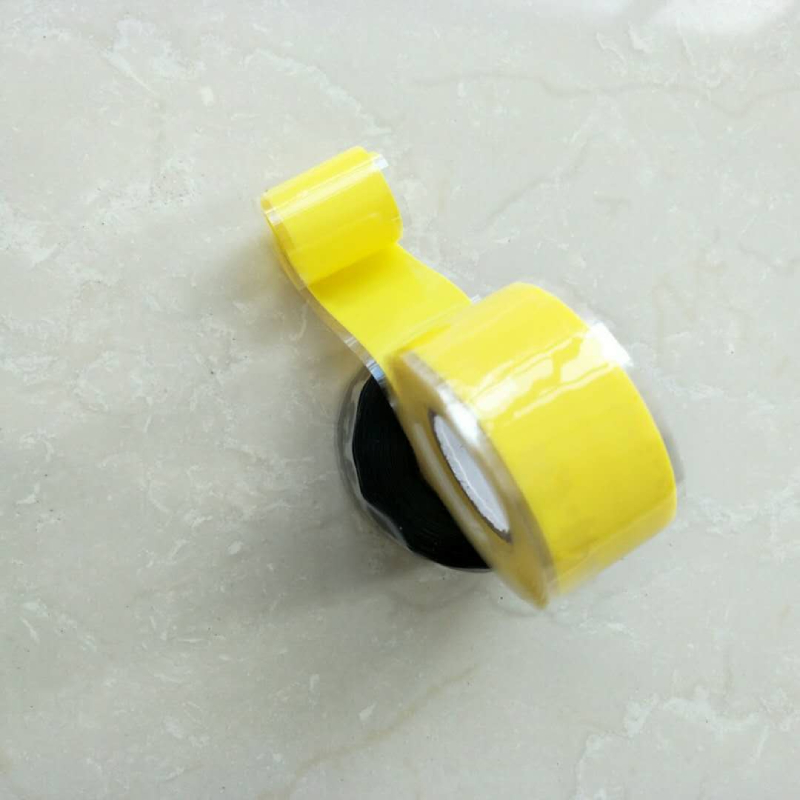Understanding Fabric Tape Electrical A Versatile Tool in Electrical Applications
Fabric tape electrical, often referred to simply as electrical fabric tape, is a specialized type of adhesive tape designed specifically for electrical applications. This tape is made from a woven fabric material, typically cotton or polyester, coated with a pressure-sensitive adhesive, making it an ideal choice for various tasks within the electrical industry. Its unique properties set it apart from other types of electrical tapes, such as PVC or vinyl, making it a versatile tool for both professionals and DIY enthusiasts.
One of the primary advantages of fabric tape electrical is its flexibility and conformability. The woven nature of the fabric allows the tape to wrap around irregular shapes and surfaces easily. This is particularly useful for insulating and bundling wires where a tight fit is necessary. The flexibility ensures that the tape adheres well even to complex geometries, providing reliable insulation and protection. Additionally, the fabric composition allows for easy tearing by hand, offering convenience for quick fixes and on-the-go applications.
Electrical fabric tape boasts excellent insulation properties, making it suitable for a wide range of electrical tasks. It can effectively insulate wire splices, connections, and damaged wires, preventing electrical shorts and enhancing safety. Moreover, the tape is often rated for specific voltage levels, allowing electricians and technicians to choose the appropriate tape for their projects. Unlike some plastic-based tapes, fabric tape has good dielectric strength, ensuring that it can withstand high voltage applications while maintaining its insulating properties.
fabric tape electrical

Another significant benefit of fabric tape electrical is its durability. The fabric is resistant to wear, fading, and tearing, giving it a longer lifespan compared to traditional plastic tapes. This durability is essential when used in environments subjected to heat, moisture, or chemicals, as fabric tape tends to perform better in these conditions. Additionally, it is often resistant to UV rays, which is particularly important for outdoor applications where exposure to sunlight can degrade other types of tape over time.
Beyond electrical applications, fabric tape has found utility in various industries. Its strong adhesive and durable nature make it suitable for bundling cables, securing items in place, and even in crafts and DIY projects. Many users appreciate the aesthetic appeal of fabric tape; it is often available in a variety of colors and patterns, allowing for creative uses beyond functionality alone. For instance, it can be used for labeling wires or enhancing the appearance of projects without compromising on performance.
When applying fabric tape electrical, it is important to ensure the surface is clean, dry, and free of dust or grease for optimal adhesion. The tape should be applied with tension to ensure a secure bond, and overlapping layers are often recommended for added strength in high-stress applications. Removing the tape is typically straightforward, and it does not leave behind significant residue, making it an excellent choice for temporary installations or projects that may require adjustments.
In conclusion, fabric tape electrical is a highly versatile and effective tool for various electrical applications. Its flexibility, insulation, and durability make it suitable for both professional and personal use in a range of settings. Whether bundling wires, insulating connections, or performing DIY tasks, fabric tape offers reliability and convenience. As awareness of its benefits continues to grow, this tape is likely to remain a staple in the toolkit of electricians, technicians, and DIY enthusiasts alike.
-
XIANGFAN Rubber Tape-Ultimate Solutions for All Your Insulation NeedsNewsJun.24,2025
-
XIANGFAN Rubber Tape-Protection for Industrial and Residential ApplicationsNewsJun.24,2025
-
XIANGFAN Rubber Tape: Superior Safety and Sealing for Demanding EnvironmentsNewsJun.24,2025
-
XIANGFAN Rubber Tape: Reliable Solutions for Every Electrical ChallengeNewsJun.24,2025
-
XIANGFAN Electrical & Industrial Tape: Powering Reliability Across IndustriesNewsJun.24,2025
-
XIANGFAN Electrical & Industrial Tape: Excellence in Every ApplicationNewsJun.24,2025
